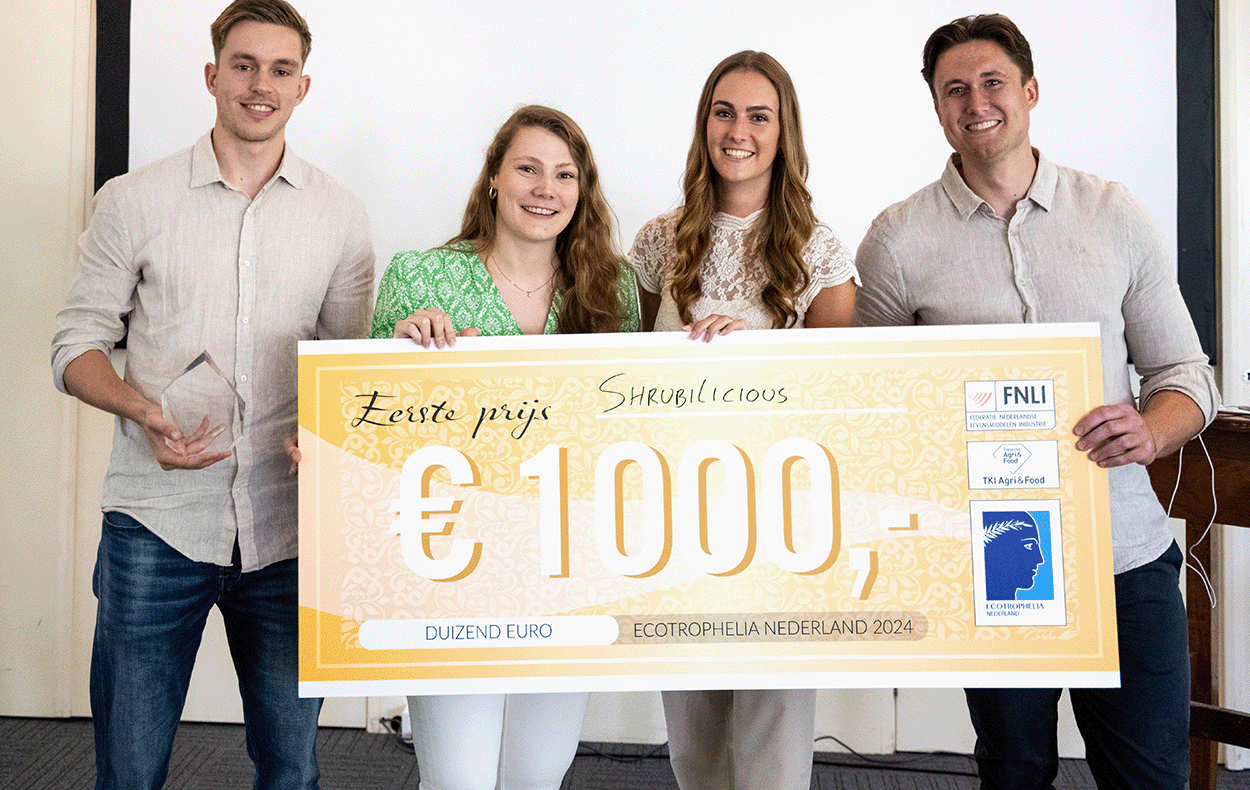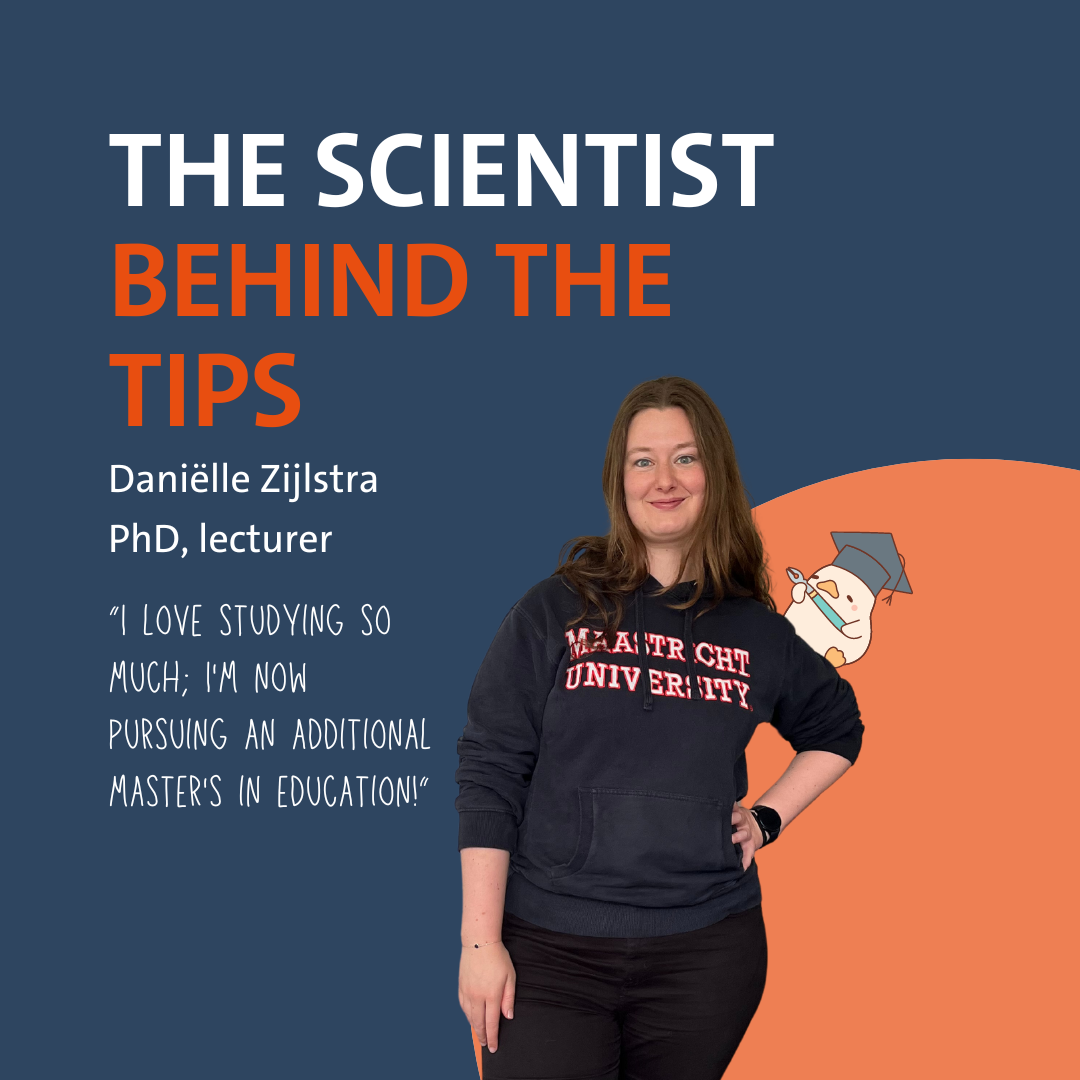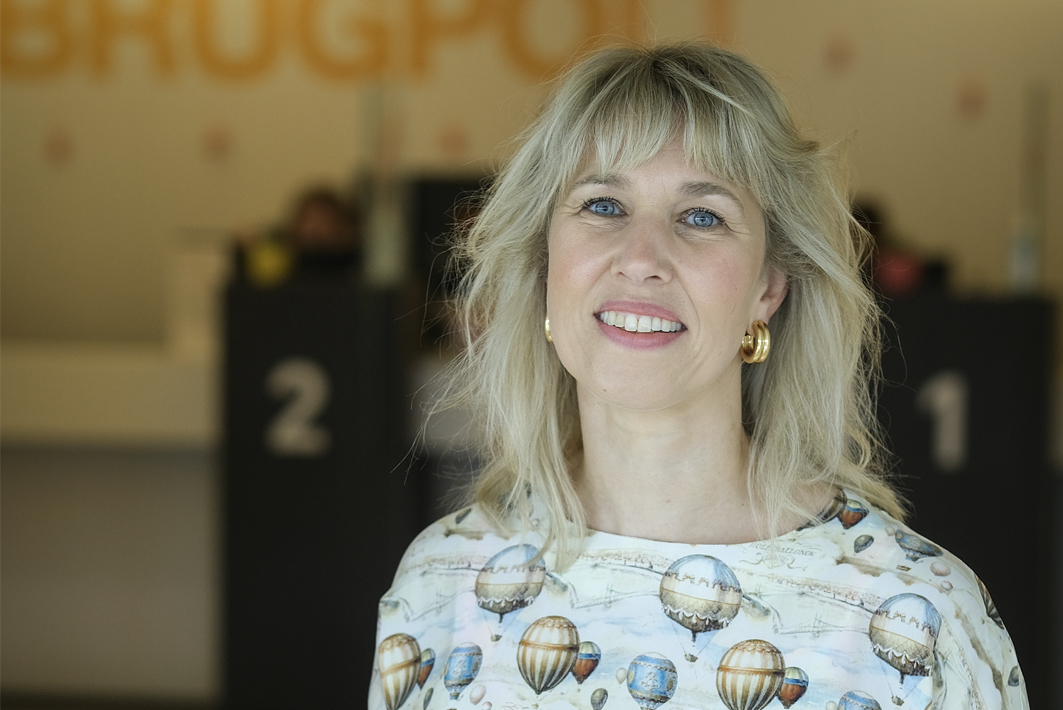Interview Maurice Zeegers
Maurice Zeegers has been Scientific Director of the CAPHRI School for Public Health and Primary Care for six months now: “This is an organisation with motivated and very talented researchers.”
“It is a busy job, but also an interesting one. I have come to realise that I can contribute to CAPHRI, which is very important to me,” says Maurice Zeegers, who has been the school’s Scientific Director since 1 October 2015.
“This is an organisation with very motivated and very talented researchers,” Zeegers tells us. The professor of Complex Genetics and Epidemiology has worked with many of them before.
“My own research is more CAPHRI-related than people might think. At my core, I consider myself just an epidemiologist who translates his knowledge to different fields ranging from the biomedical to the social field, and from statistics to the legal context. This actually fits very well with the range of research that is being undertaken in this organisation.”
Take Zeegers’ textbooks on forensic epidemiology and classical epidemiology, for instance. Or his spin-off Health Potential, which he developed with CAPHRI researchers. The latter is a service in which scientific knowledge about genes and lifestyle is brought together, with the aim of helping GPs or lifestyle consultants provide personalised health advice.
Maurice Zeegers started his career as an occupational therapist, but soon decided to go back to university. “I was keen to learn how you can change people’s behaviour to help them achieve more healthy lifestyles, which is why I chose to study Health Education and Promotion.”
He broadened his field of work by completing degrees in Epidemiology and Genetic Epidemiology in Rotterdam and Maastricht. Between 2006 and 2012 he had a post as professor at the University of Birmingham, only to return in 2012 to the city where he completed his PhD in 2001, Maastricht.
Here, he heads the Complex Genetics department within the Genetics and Cell Biology cluster. He also conducts research on evidence-based Nutrition within the NUTRIM School for Nutrition, Toxicology and Metabolism.
He gave up his managerial responsibilities with NUTRIM as well as his post as president of the Netherlands Epidemiology Society. Sometimes, you just have to make choices in terms of how much you can do, the scientific director says.
Over the past six months, he has had many conversations with the CAPHRI staff, including researchers whom he had not worked with before. “I want to know what employees drive and need to do their research.” That is part of his approach to management.
“One of the things I found out is that not everyone is identifying with the name School for Public Health and Primary Care. That’s why I’ve started an organisation-wide discussion about that now. I’m very curious what that will lead to.”
Another hallmark of his managerial style is collaboration. For example, over the past few months CAPHRI has entered into new partnerships with research institutes in Birmingham, Luxembourg and Qatar. “CAPHRI’s level of productivity is high. I’d like to keep it that way without putting too much strain on our staff. One of the ways of achieving this is by establishing partnerships with organisations and institutions in the region and further afield.”
Another important item on his agenda: reforming the HR policy in order to provide better organisational mobility and broader career opportunities. Maurice Zeegers is deliberately choosing to involve more PhD students, ensuring they are trained in the necessary competencies in a targeted way, with close monitoring of their progress. “We want to show them that they can also have a career outside the research world, for example with the government or in the industrial sector. That requires good supervision, which is why we will be establishing a special course for supervisors focused on this. There’s a clear need for that.”
The role of supervisors is also crucial when it comes to ensuring scientific research is conducted to the highest standards of professionalism and integrity: after all, they are the role models for our young researchers. That is also why integrity and quality assurance are current areas of focus within CAPHRI, Zeegers says.
One of the initiatives currently under way is a Dashboard providing insight into business operations and management information. “If research isn’t conducted properly, you won’t be able to generate new knowledge. That is a waste of taxpayers’ money and it can even end up being harmful to people’s health. That is why we are making a commitment to transparency at all levels of the organisation. Sunlight is a good disinfectant.”
Also read
-
Maastricht University students have won the Dutch final of the student competition Ecotrophelia, a drinking vinegar based on apple cider vinegar, fruit and herbs.
-
In the upcoming months, we’ll share tips on Instagram for our students on how to live a healthier life. Not just a random collection, but tips based on actual research happening at our faculty. The brains behind this idea are Lieve Vonken and Gido Metz, PhD candidates at CAPHRI, the Care and Public...
-
Mayke Oosterloo is a movement disorders neurologist at Maastricht UMC+ and a researcher at the MHeNs institute of Maastricht University. In the outpatient clinic and various nursing homes in Limburg, she guides and treats patients (and their loved ones) with Huntington's disease.



